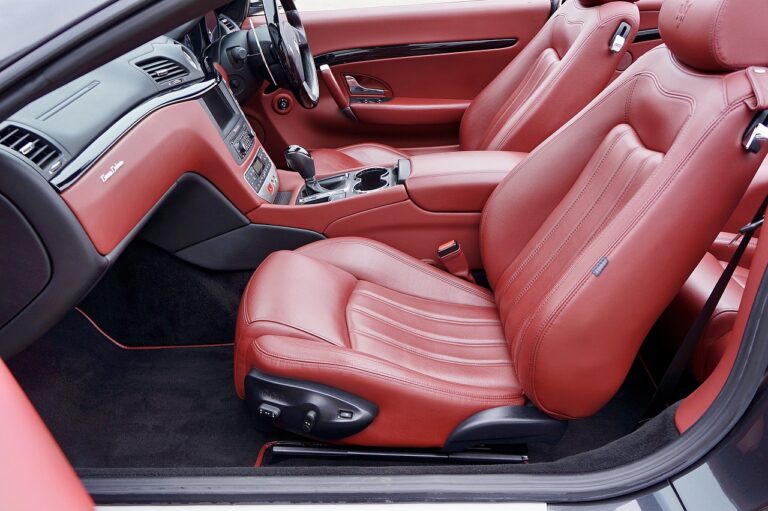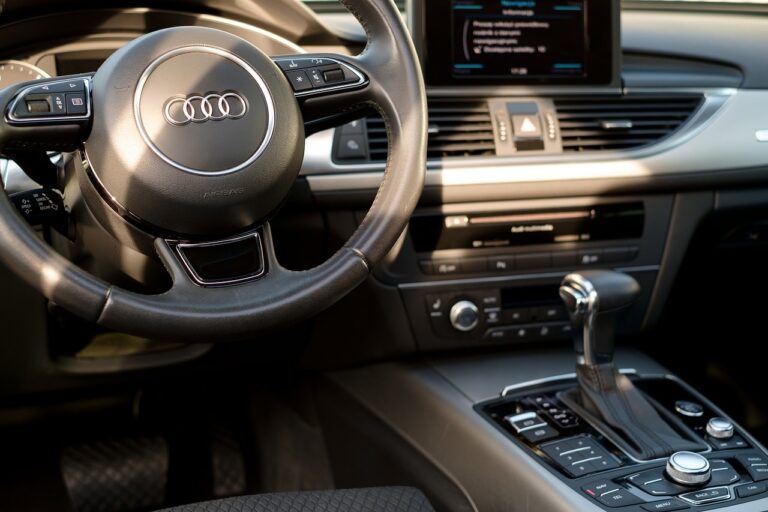The Psychology of Car Branding: Creating Emotional Connections with Consumers: Goldenexch99, Cricbet99 club.com, King567 login
goldenexch99, cricbet99 club.com, king567 login: Car branding plays a significant role in creating emotional connections with consumers. Companies like Toyota, Ford, and BMW spend millions of dollars each year on marketing and advertising to establish their brands in the minds of consumers. But why is branding so important in the automotive industry? And how do car manufacturers create these emotional connections with consumers?
Understanding the psychology behind car branding can provide valuable insights into how companies can connect with their customers on a deeper level. By tapping into consumers’ emotions and desires, car manufacturers can create brand loyalty and ultimately drive sales.
The Power of Branding
Branding is more than just a logo or a slogan – it’s about creating a perception in the minds of consumers. When people see a brand like Mercedes-Benz or Audi, they immediately associate it with luxury, performance, and status. This strong brand image influences consumers’ purchasing decisions and shapes their perceptions of the company.
By carefully crafting their brand image through advertising, sponsorships, and product placement, car manufacturers can create a sense of identity and belonging among consumers. For example, Volvo has branded itself as a manufacturer of safe and reliable cars, while Tesla is known for its innovative technology and sustainability efforts.
Creating Emotional Connections
Emotions play a crucial role in consumer behavior, and car manufacturers understand the importance of tapping into these emotions to create lasting connections with consumers. From the thrill of driving a sports car to the sense of security in a family SUV, different types of cars evoke different emotions in consumers.
By understanding what drives their target audience, car manufacturers can tailor their branding efforts to appeal to these emotions. For example, Subaru has built a loyal following among outdoor enthusiasts by emphasizing its rugged and adventurous image. Similarly, Jeep has capitalized on its heritage and reputation for off-road capability to appeal to adventure-seekers.
Building Trust and Loyalty
Trust is a key factor in building brand loyalty, especially in the automotive industry where safety and reliability are top priorities for consumers. By consistently delivering on their brand promises, car manufacturers can build trust with consumers and cultivate long-term relationships.
Through quality products, excellent customer service, and transparent communication, car manufacturers can solidify their reputation and earn the trust of consumers. Brands like Honda and Toyota are known for their reliability and durability, which has helped them establish a loyal customer base over the years.
FAQs
Q: How do car manufacturers use branding to differentiate themselves from competitors?
A: Car manufacturers differentiate themselves from competitors by emphasizing their unique selling points, such as performance, safety, or sustainability. They also use branding to create a distinctive image and target specific consumer segments.
Q: Can branding influence consumers’ perceptions of a car’s quality?
A: Yes, branding can significantly impact consumers’ perceptions of a car’s quality. A strong brand image can create a perception of reliability, durability, and performance, even if the actual quality of the product is similar to competitors.
In conclusion, the psychology of car branding is a powerful tool for creating emotional connections with consumers. By understanding consumers’ desires and emotions, car manufacturers can build trust, loyalty, and brand advocacy among their target audience. By leveraging the power of branding, companies can differentiate themselves from competitors and drive long-term success in the automotive industry.







